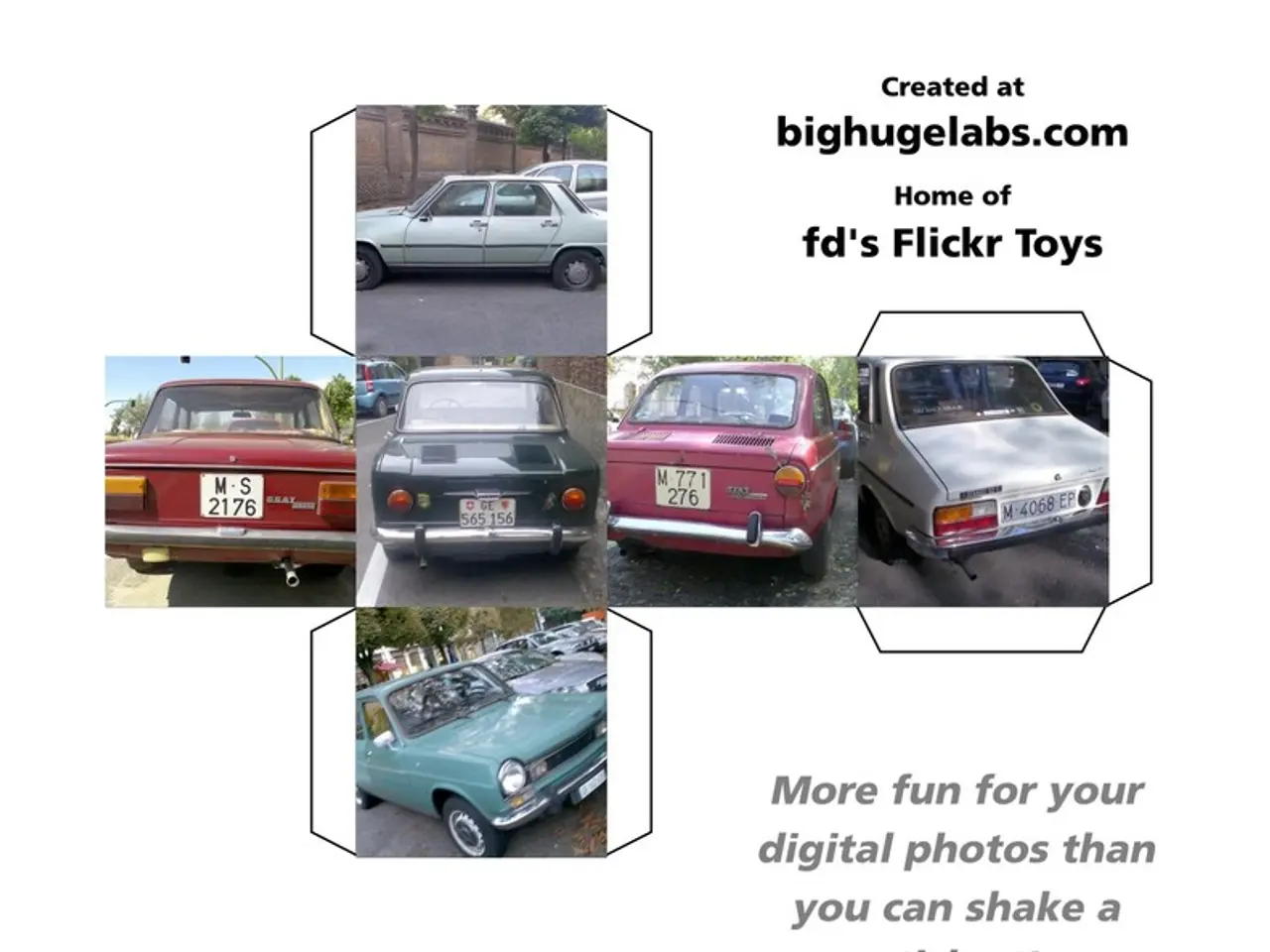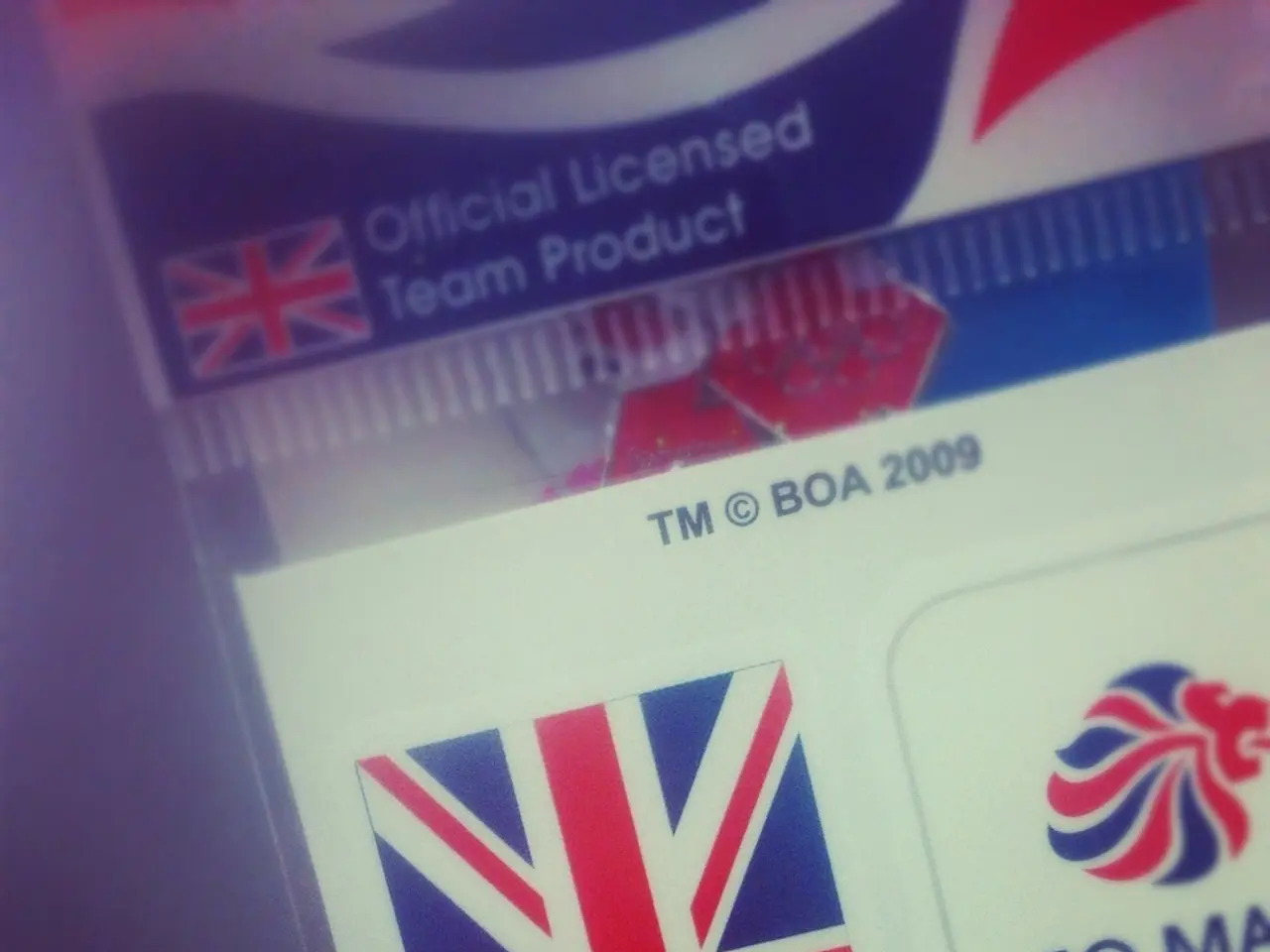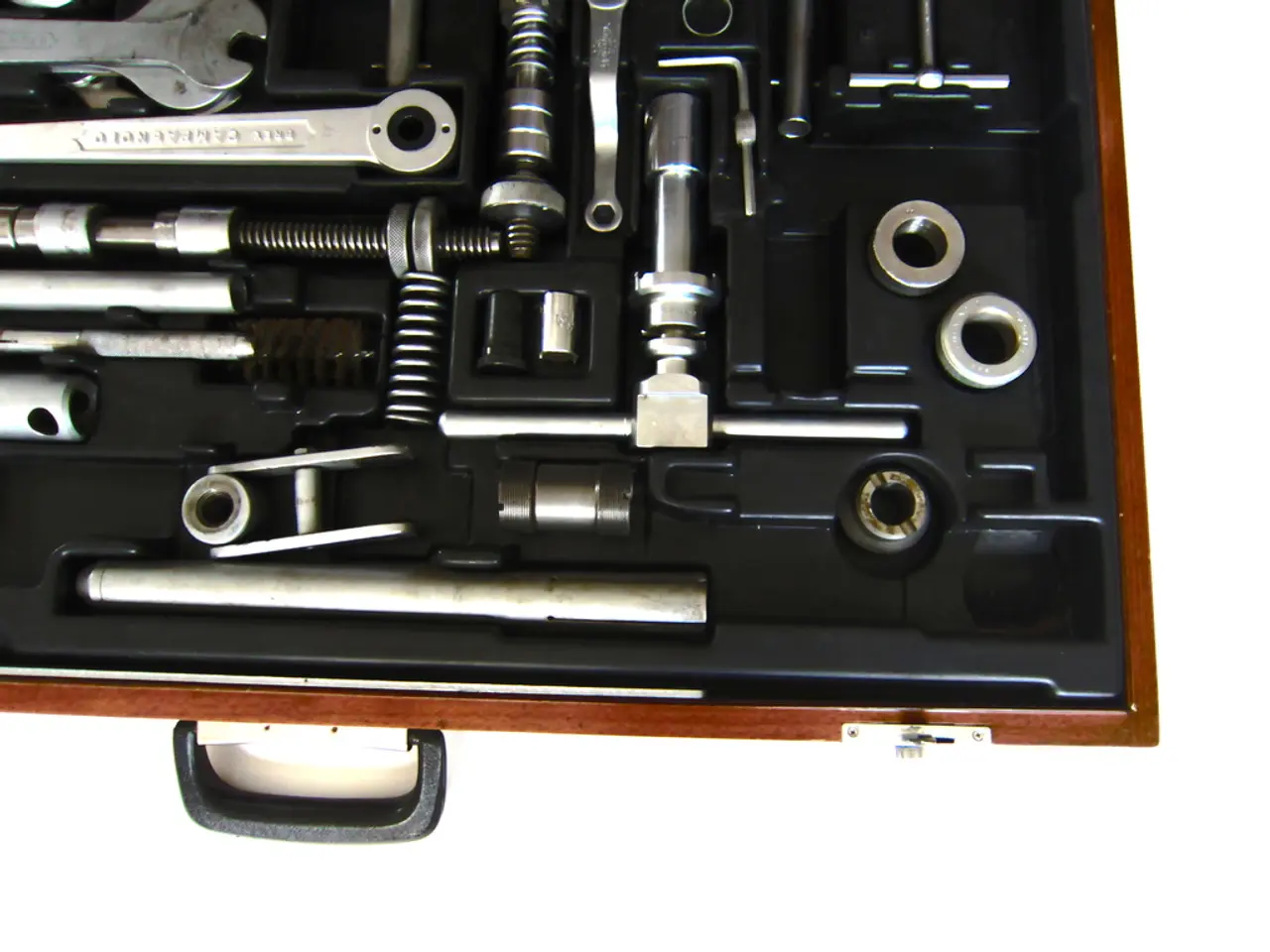Republican Car Loan Tax Break: Eligible Vehicles and Suitable Buyers
New Auto Loan Interest Deduction Under the OBBB Act
The One Big Beautiful Bill (OBBB) Act, signed into law on July 4, 2022, introduces a new auto loan interest deduction for U.S. taxpayers. Here's what you need to know about the qualifications for this tax break.
To qualify for the auto loan interest deduction, the loan must be originated after December 31, 2024. The loan must be used to purchase a new vehicle with original use starting with the taxpayer. Used vehicles do not qualify. The vehicle must be for personal use only, not business or commercial use, and it must be a passenger vehicle manufactured for primary use on public roads with at least two wheels and a gross vehicle weight rating under 14,000 pounds, such as a car, minivan, SUV, pickup truck, or motorcycle.
The vehicle must have its final assembly point in the United States. Taxpayers can verify this via the vehicle’s window sticker or use the Department of Transportation’s Vehicle Identification Number (VIN) decoder tool. The vehicle must also be categorized as a motor vehicle under the Clean Air Act.
The interest deduction applies to loans up to a maximum vehicle price cap, which some sources state is up to $75,000 or $80,000. The deduction is available for tax years 2025 through 2028 only. It applies whether the taxpayer itemizes or takes the standard deduction.
There are income-based phase-outs for the deduction. It begins to phase out by $200 for every $1,000 over certain income limits and phases out completely beyond a threshold. The maximum deduction is up to $10,000 per year in auto loan interest.
It's important to note that electric vehicles could qualify for the proposed car loan interest deduction, provided they meet the same requirements as other vehicles under the OBBB.
The tax break will start with purchases made in 2025 and run through 2028. The National Highway Traffic Safety Administration VIN decoder tool could be useful in indicating where your car was assembled.
Recent tariffs introduced by Trump in 2025 have driven up car prices across the U.S., with an average new vehicle price increase of 2.5% in April. A 25% tariff on most auto parts could push prices even higher, even for models assembled in the U.S. Higher parts costs from tariffs could still push up prices for some qualifying models of U.S.-assembled vehicles.
Remember, the price of the car, interest rates, insurance, upkeep, and any new fees all add up quickly when buying a car. It's crucial to keep tabs on your credit score.
The car loan tax deduction is structured as an above-the-line benefit, allowing taxpayers to claim it even if they claim the standard deduction on their federal returns. The Joint Committee on Taxation estimates the provision would cost over $57 billion in lost federal revenue.
If the average car owner pays $2,000 in interest over a year, they could save about $400 on their taxes under the initial House GOP version of the proposal. However, with the income-based phase-outs, the actual savings may vary for individual taxpayers.
[1] IRS Fact Sheet on Auto Loan Interest Deduction [2] OBBB Act Text [3] Joint Committee on Taxation Estimate [4] CNN Article on Auto Tariffs [5] Bloomberg Article on OBBB Act
- In light of the new auto loan interest deduction under the OBBB Act, individuals interested in finance and general-news may want to consider the implications on their wallet when purchasing a new vehicle, especially since the deduction applies only from 2025 to 2028.
- With the proposed car loan interest deduction, businesses that rely on DEFIs (Decentralized Finance) and crypto-based lending platforms should be aware of the potential surge in traditional auto loan applications, as the tax break could encourage more people to purchase new vehicles.
- The recent increase in car prices due to tariffs introduced by politics (Trump administration in 2025) and the proposed auto loan interest deduction could spur public discussions about the balance between consumer finance and economic policies, as well as their impact on the overall market.




